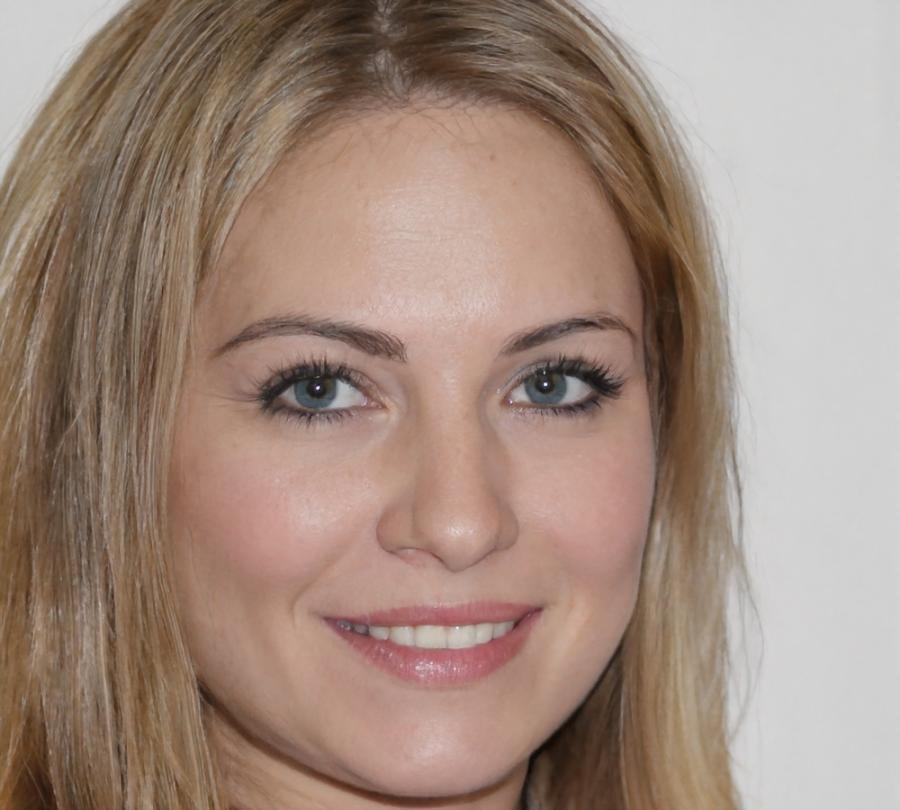Build Financial Models That Actually Work
Most people think financial modeling is about complex spreadsheets. It's not. It's about understanding how money moves through a business and making better decisions based on that knowledge. Our program teaches you practical skills that work in the real world, not just in theory.
Start Your Application
Pick a Learning Style That Fits Your Life
We've worked with hundreds of students across Thailand and found that everyone learns differently. Some people need structure, others prefer flexibility. That's why we offer three distinct approaches to the same core curriculum.
Structured Cohorts
Join a group of 15-20 students who start and finish together. Classes meet twice weekly for 14 weeks. This format works well if you like accountability and regular check-ins.
- Live sessions every Tuesday and Thursday
- Group projects with peer feedback
- Direct access to instructors during class
- Set schedule from October through December 2025
Self-Paced Track
Complete the same curriculum on your own timeline over 6 months. Best for people with irregular schedules or those who prefer working independently.
- Start anytime between August and November 2025
- Access all materials immediately
- Weekly office hours for questions
- Complete assignments when it suits you
Intensive Workshop
Four consecutive weekends covering the essentials. This condensed format is designed for professionals who need specific skills quickly.
- Saturday and Sunday, 9am to 4pm
- Hands-on practice with real datasets
- Take-home projects between weekends
- Next cohort: September 13-14, 20-21, 27-28, October 4-5, 2025
Autumn 2025 Cohort Details
Our next structured cohort begins in October. We limit enrollment to maintain quality interaction between students and instructors. Classes are held at our Bangkok location, but remote participation is available for those outside the metro area.
The curriculum covers everything from basic accounting principles to advanced scenario modeling. You'll work with actual company data and build models that mirror what you'd create in a professional setting.
Key Dates
- Applications close: September 20, 2025
- Cohort starts: October 7, 2025
- Mid-program check-in: November 15, 2025
- Final presentations: December 23, 2025
What You'll Actually Learn
Financial modeling sounds intimidating. But really, it's just connecting numbers to business decisions. We start with how companies make and spend money, then move into forecasting and analysis.
By the end, you'll be able to build a three-statement model from scratch, run sensitivity analyses, and present financial recommendations with confidence. These are skills that take years to develop on the job – we compress that timeline significantly.

Marcus Chen
Spent 12 years building models for M&A deals across Southeast Asia. Now teaches the practical shortcuts that took him years to figure out.

Nina Patel
Former CFO of a tech startup in Bangkok. Brings real-world experience from running financial operations during rapid growth phases.

David Larsson
Corporate finance professional who's built over 200 financial models. Focuses on teaching efficient workflows and common pitfalls.
Financial Statement Fundamentals
You can't model what you don't understand. We start with how financial statements connect to each other. Most people skip this part and end up confused later. Not here.
Building Your First Model
This is where theory meets practice. You'll take a real company's historical financials and build a working model. It won't be perfect at first. That's expected.
Advanced Forecasting Techniques
Simple projections are fine for some situations. But most business decisions require more nuanced analysis. This module covers the techniques professionals use daily.
Valuation and Investment Analysis
Once you can forecast, you need to know what those forecasts mean for value. This module connects your models to actual business decisions.
Support Systems That Actually Help
Weekly Office Hours
Every format includes regular time with instructors. Come with questions, model reviews, or just to talk through concepts that aren't clicking yet. No appointment needed.
Resource Library Access
Templates, example models, and reference materials. Everything we've built over years of teaching. You keep access even after completing the program.
Student Community
Private forum where current students and alumni share tips, ask questions, and help each other. Some of the best learning happens here.
Model Review Sessions
Submit your work for detailed feedback. We don't just tell you what's wrong – we explain why it matters and how to fix it. Usually get reviews back within 48 hours.
"I came in knowing basic Excel. Left being able to build models that my team actually uses for planning. The support system made all the difference when I got stuck on complex formulas."
Applications Open for Autumn Programs
Next cohorts begin in September and October 2025. We review applications on a rolling basis and typically fill spots about three weeks before start dates. If you're considering it, worth getting your application in sooner rather than later.
